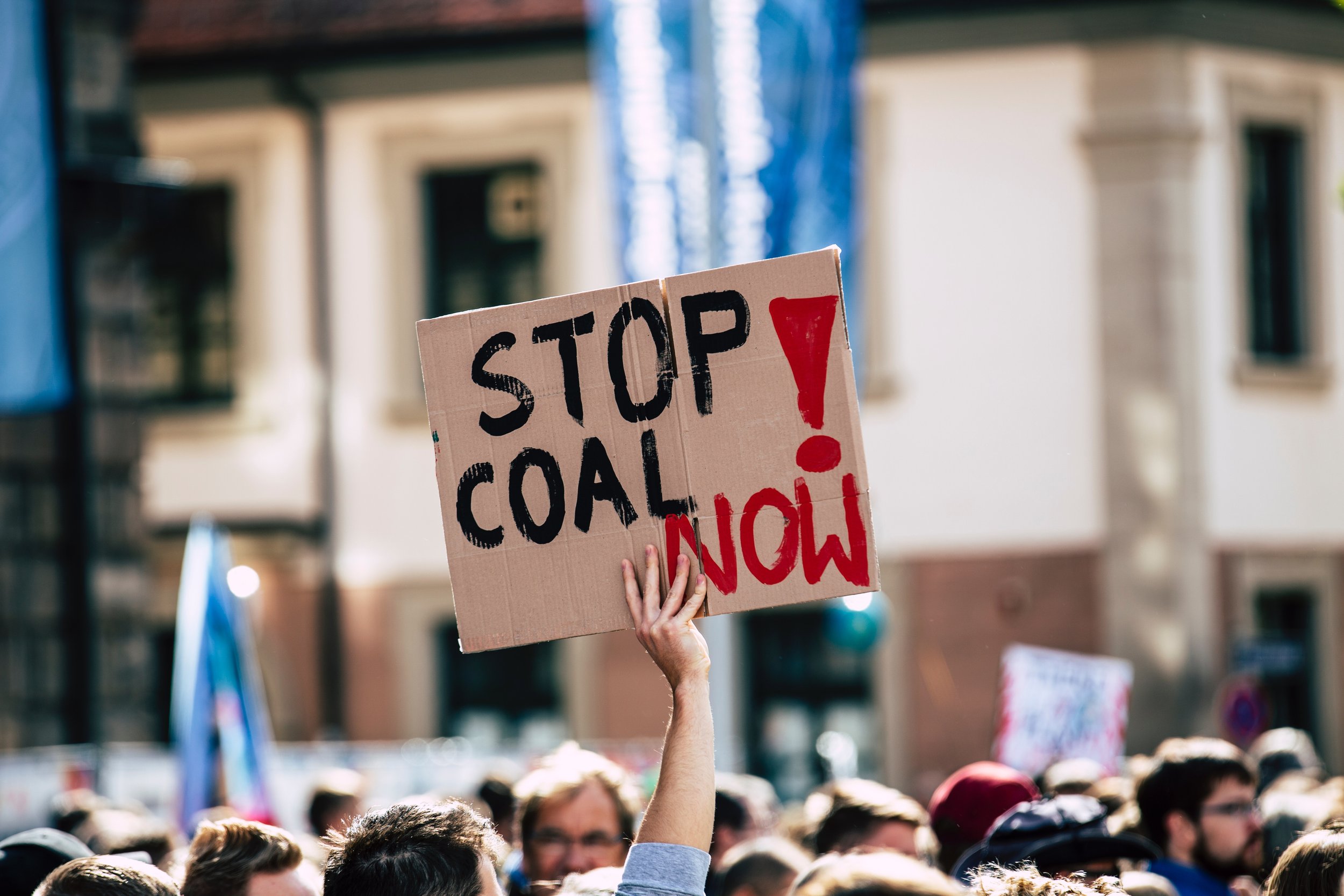Inside and Outside the Room Part 2: The Role of Fossil Fuel Delegations and Grassroot Movements at COP26
The obvious question after these criticisms is: could we have a COP without fossil fuels? Some say yes, and actively advocate for it. Others are more moderate and consider how difficult it would be to address questions that are intrinsic to the nature of one industry without main stakeholders from the industry present. Fundamentally, COP26 is about dialogue. The negotiations, while being crucial in setting global standards, are not enough to achieve concrete plans without the planning, dialogue, and side negotiations between countries and the private sector. This is not to give them more time to delay the inevitable need to phase out fossil fuels, but to make sure that while phasing out of them, there is support on how to transform the workforce into one that falls within a system of a just transition, in which workers are not laid off, but find opportunities to use skills in a job market that focuses on sustainable living.
Nonetheless, while this argument is important, it cannot be considered valid without allowing for grassroots movements and activists to also enter the dialogue and the room (both literally and figuratively). Activists, especially those who are the most affected by the climate crisis, have an important role. It cannot be denied that without them the conversation on climate change would not have reached the levels of attention it has today. Their perspective is crucial to emphasise urgency, the need for new solutions, and the importance of nature in powerful transformation. All in all, their presence is what turns conversations between decision-makers and fossil-fuel representatives from lobbying sessions for subsidies to fossil fuels into conversations on how to end our dependence on them. The use of "phasing down" and not "phasing out" fossil fuels are easily a reflection of the fact that there were not enough activists in the rooms where these conversations were being had. And not only at COP: since COP21 there have been around 70 cases of fossil fuel industry either including their staff into different world governments or have hired government staff within their own company - showing the connection between these corporations and world government that make the presence of activists at COP and in all negotiations even the more important to make sure the process achieves its goals.
The end of COP26 was disappointing to many who were hoping for concrete change to be enacted and – undeniably – a victory for all those who are trying to still hold onto profits over the needs of the planet and many communities who are suffering. The results of the conference were disappointing and showed a fundamental failure in negotiations. Many requests from activists, environmental NGOs, vulnerable communities, and the like (such as a procedure to ensure loss & damage) did not even make it to the final draft. The reasons behind this are deeply connected to the fact that the UK Presidency overrepresented some and underrepresented others creating an imbalance of voices and critical approaches to the current system of political action. If anything, may this be a lesson for COP27: if fossil fuels will be allowed in the room, so should worldwide activists.
Guest writer: Paola Lupi
Edited by Ottilie Cheung

